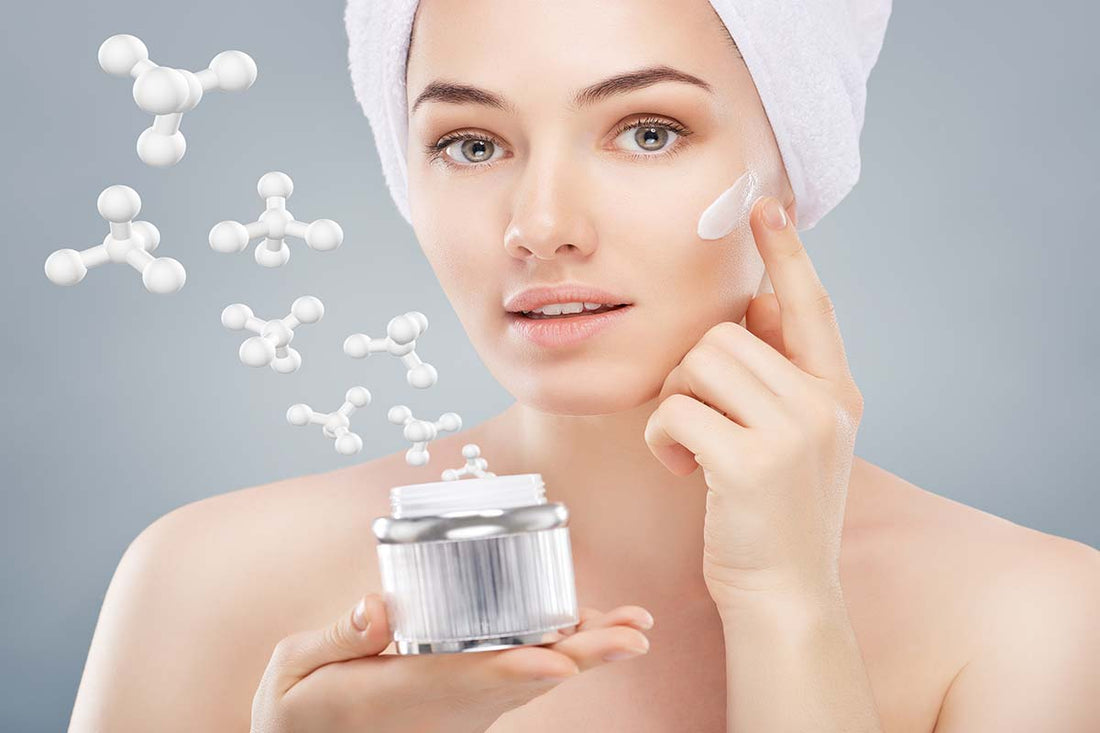Skin Whitening Creams: Effects, Usage and Risks
Skin whitening creams are cosmetic products that aim to equalize skin tone and reduce pigmentation problems. These creams generally work by reducing melanin production in the skin or removing existing melanin buildup. However, there are some important factors regarding its use.
How Do They Work?
The active ingredients contained in skin whitening creams are generally substances that reduce melanin synthesis or affect existing melanin in the skin. These components may include:
Hydroquinone: One of the most widely used active ingredients. It reduces the appearance of spots by suppressing melanin production. However, in some countries it is available only by prescription and there are some concerns about its long-term use.
Arbutin: A plant-derived ingredient that may help reduce melanin production. It is thought to be milder effective.
Azelaic Acid: It can reduce melanin accumulation in the skin and improve skin tone with its anti-inflammatory properties.
Retinoids: May help reduce blemishes by accelerating the renewal of skin cells.
Usage and Things to Consider
The effectiveness and safety of skin whitening creams depend on the ingredients used, the quality of the product and its regular use. Some points to consider regarding its use are:
Choosing the Right Product: It is important to choose a product that suits your skin type. It is especially important for people with sensitive skin to pay attention to the ingredient list and reduce the risk of allergic reactions.
Regular Use: In order to see the effects of skin whitening creams, it must be used regularly and in accordance with the product instructions. However, excessive use may cause skin irritation or sensitivity.
Sun Protection: These types of creams may increase the skin's sensitivity to the sun. Therefore, it is important to use sunscreen when using it. Otherwise, sun rays may cause new pigmentation problems or blemishes on the skin.
Side Effects and Risks
Using skin whitening creams has some risks and side effects:
Skin Irritation: Reactions such as redness, itching or burning may occur, especially in people with skin sensitivity.
Hyperpigmentation: Improper use may cause skin staining or adverse effects.
Capillary Dilation: Long-term use of some active ingredients can lead to capillary dilation.
Conclusion
Skin whitening creams can be effective in reducing blemishes and equalizing skin tone. However, it may not be suitable for all skin types and correct use is important. Before using such creams, it is necessary to get a dermatologist or specialist opinion and carefully examine the ingredients of the product. Additionally, it is important to discontinue use and seek professional help in case of any adverse reactions.
It is highly recommended that you consult your healthcare provider for further information and recommendations regarding skin whitening creams.
Source
Sarkar, R., & Garg, V. K. (2006). Cosmeceuticals for hyperpigmentation: What is available?. Journal of Cutaneous and Aesthetic Surgery, 1(1), 4-11.
Grimes, P. E. (2009). The safety and efficacy of salicylic acid chemical peels in darker racial-ethnic groups. Dermatologic Surgery, 35(5), 765-770.
Wananukul, S., Chindamporn, A., Jirasuthus, S., Totemchokchyakarn, K., Udompataikul, M., Jotikasthira, D., ... & Bunnag, T. (1998). N-Acetylglucosamine: A potential treatment for inflammatory or hyperpigmentation skin disorders. Archives of Dermatological Research, 290(11), 625-631.

